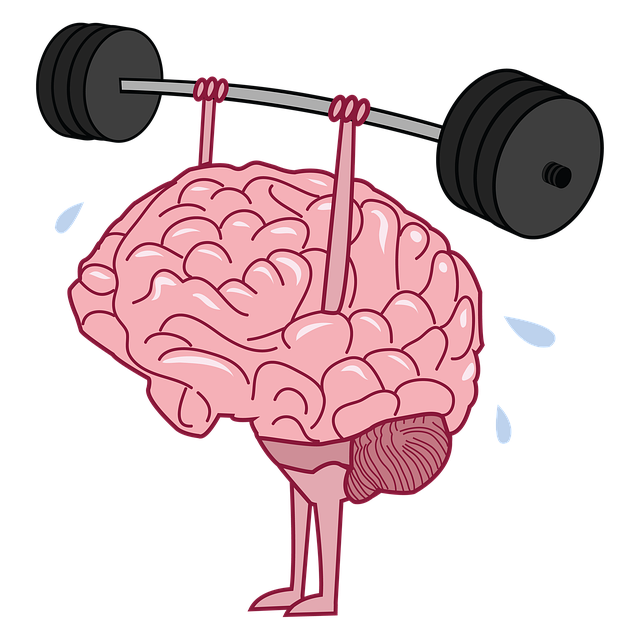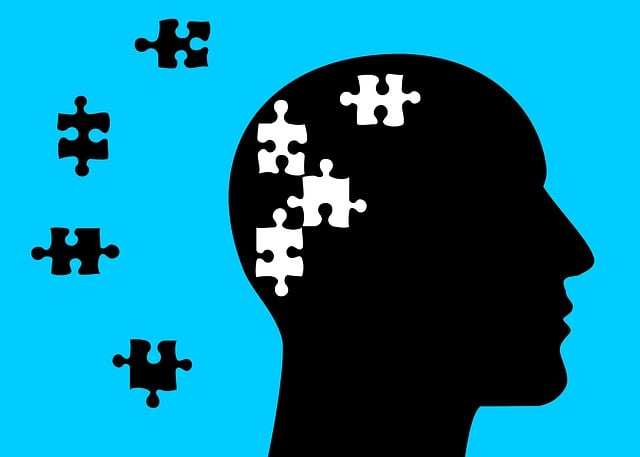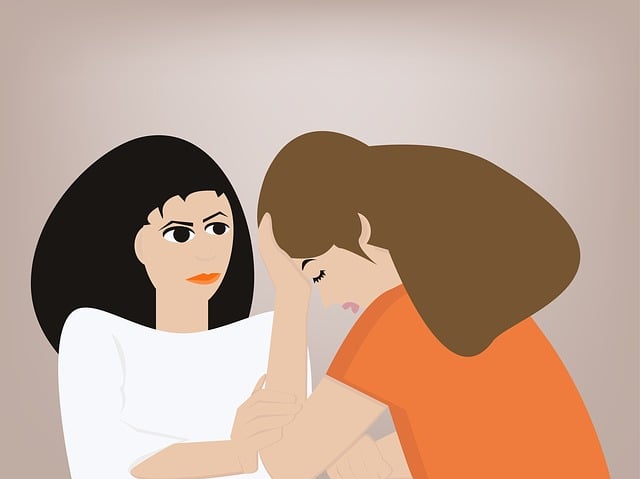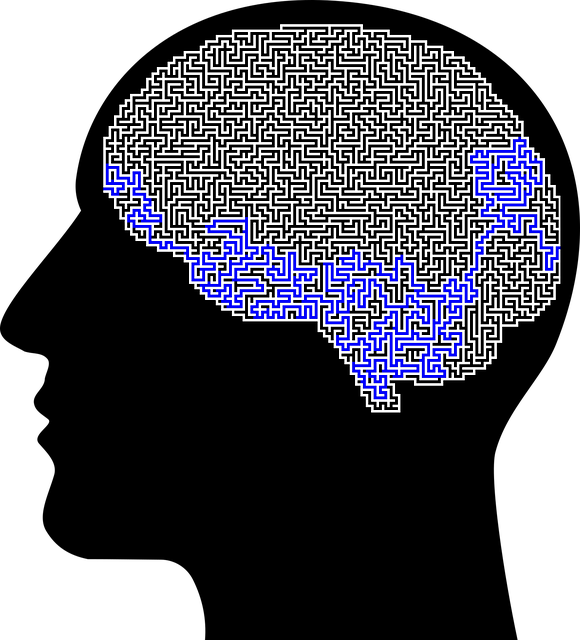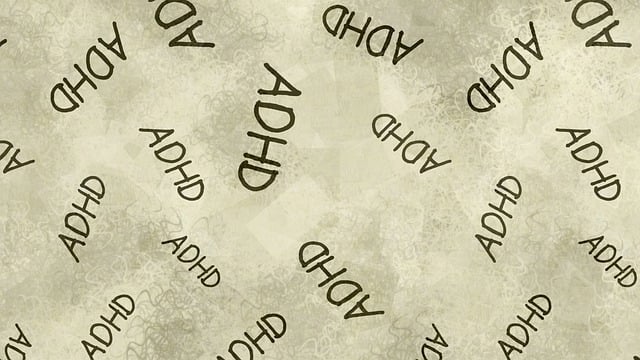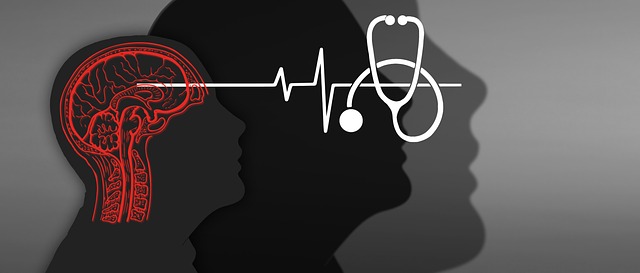Centennial Postpartum Depression Therapy offers a holistic approach to address the hidden mental health crisis affecting new mothers, focusing on evidence-based practices like CBT and mindfulness. Through exercises promoting positive thinking, self-awareness, and healthier coping mechanisms, this therapy helps mothers challenge negative thoughts, improve mood management, and enhance overall well-being, both for themselves and their children. Early identification and tailored treatment, including gratitude practices and trauma support services, are crucial for effective recovery.
“Unleash the power of positivity for new mothers’ mental well-being! This comprehensive guide explores the transformative potential of positive thinking exercises in addressing Centennial Postpartum Depression (PPD). Learn how cultivating optimism can be a game-changer, offering relief from PPD’s symptoms and challenges. From understanding the impact on mental health to practical strategies, we delve into effective methods. Discover how therapy, tailored with positive thinking techniques, provides a robust framework for recovery. Empower yourself or a loved one with these insights, embracing a path towards healing and resilience.”
- Understanding Positive Thinking and its Impact on Mental Health
- Identifying Centennial Postpartum Depression: Symptoms and Challenges
- Strategies for Implementing Positive Thinking Exercises
- Integrating Therapy: A Comprehensive Approach to Recovery
Understanding Positive Thinking and its Impact on Mental Health

Positive thinking is a powerful tool that can significantly influence an individual’s mental health and overall well-being. It involves cultivating optimistic attitudes, focusing on personal strengths, and reframing negative thoughts into more positive ones. This simple yet profound practice has been shown to have numerous benefits, especially in combating conditions like postpartum depression (PPD). Many new mothers experience PPD, characterized by intense sadness, anxiety, and exhaustion, which can cloud their ability to care for themselves and their infants.
In the context of Centennial Postpartum Depression Therapy, positive thinking exercises are integral to a comprehensive treatment plan. These exercises aim to help individuals challenge negative thought patterns, increase self-awareness, and develop healthier coping mechanisms. By fostering a more optimistic mindset, mood management becomes easier, leading to improved mental health outcomes. Moreover, mental health professionals play a crucial role in teaching these techniques through specialized training, such as Healthcare Provider Cultural Competency Training, which ensures they can effectively guide clients toward better emotional well-being.
Identifying Centennial Postpartum Depression: Symptoms and Challenges

Centennial Postpartum Depression (PPD) is a significant mental health concern that often goes unrecognized and undiagnosed. While many new mothers experience temporary mood changes, PPD is characterized by persistent feelings of sadness, anxiety, or despair that can significantly impact daily functioning. This condition typically develops within the first year after childbirth but may present later, affecting not just the mother but also her ability to care for herself and her child.
The symptoms of Centennial PPD are diverse and often subtle, making it challenging to identify. They include excessive worry, fatigue, changes in appetite, difficulty concentrating, feelings of guilt or inadequacy as a parent, and even thoughts of self-harm. Women experiencing PPD may also struggle with sleep disturbances, irritability, and a sense of isolation due to the perceived inability to connect with their babies. Accessing appropriate support is crucial for recovery, which can include therapy tailored to PPD, such as cognitive-behavioral therapy (CBT), along with Trauma Support Services and practices like Mindfulness Meditation to enhance mental wellness.
Strategies for Implementing Positive Thinking Exercises

Implementing positive thinking exercises is a powerful approach to enhancing emotional well-being and promoting mental resilience. For individuals dealing with postpartum depression, these strategies can be transformative. One effective technique involves setting daily affirmations or positive statements. This could include repeating phrases like “I am worthy of love and happiness” or focusing on personal strengths. Such practices help redirect thoughts towards positivity, fostering a sense of self-worth and optimism over time.
Additionally, incorporating gratitude exercises into the routine can significantly boost mood. Centering on and expressing appreciation for everyday blessings, whether it’s family, nature, or simple comforts, encourages a mindset shift. This practice, often encouraged by Centennial Postpartum Depression Therapy, serves as crisis intervention guidance, providing a sense of calm and perspective during challenging times. It also facilitates anxiety relief by fostering a more balanced emotional state.
Integrating Therapy: A Comprehensive Approach to Recovery

Integrating therapy is a powerful tool for postpartum depression recovery, offering a comprehensive approach that addresses the complex needs of new mothers. This holistic method goes beyond symptom management by delving into the root causes of mental health struggles, whether they stem from birth-related trauma or other personal challenges. Centennial Postpartum Depression Therapy leverages evidence-based practices to create a nurturing environment where individuals can explore and process their emotions in a safe space.
By combining various therapeutic techniques, such as cognitive-behavioral therapy (CBT) and mindfulness practices, this integrated approach equips mothers with valuable empathy building strategies for trauma support services. It encourages self-reflection, fosters resilience, and promotes positive thinking exercises tailored to individual needs. Through this comprehensive integration, mothers can navigate the postpartum journey with enhanced coping mechanisms, ultimately paving the way for lasting depression prevention and improved overall well-being.
Positive thinking exercises, when integrated into therapy, can be a powerful tool in managing and overcoming Centennial Postpartum Depression. By focusing on reframing thoughts and cultivating gratitude, individuals can navigate the challenges of this condition with greater resilience. While every journey is unique, these strategies offer hope and a path to healing, empowering those affected to embrace a brighter future. Effective therapy combines professional guidance with personal practice, enabling women to reclaim their mental well-being and foster lasting positivity.
